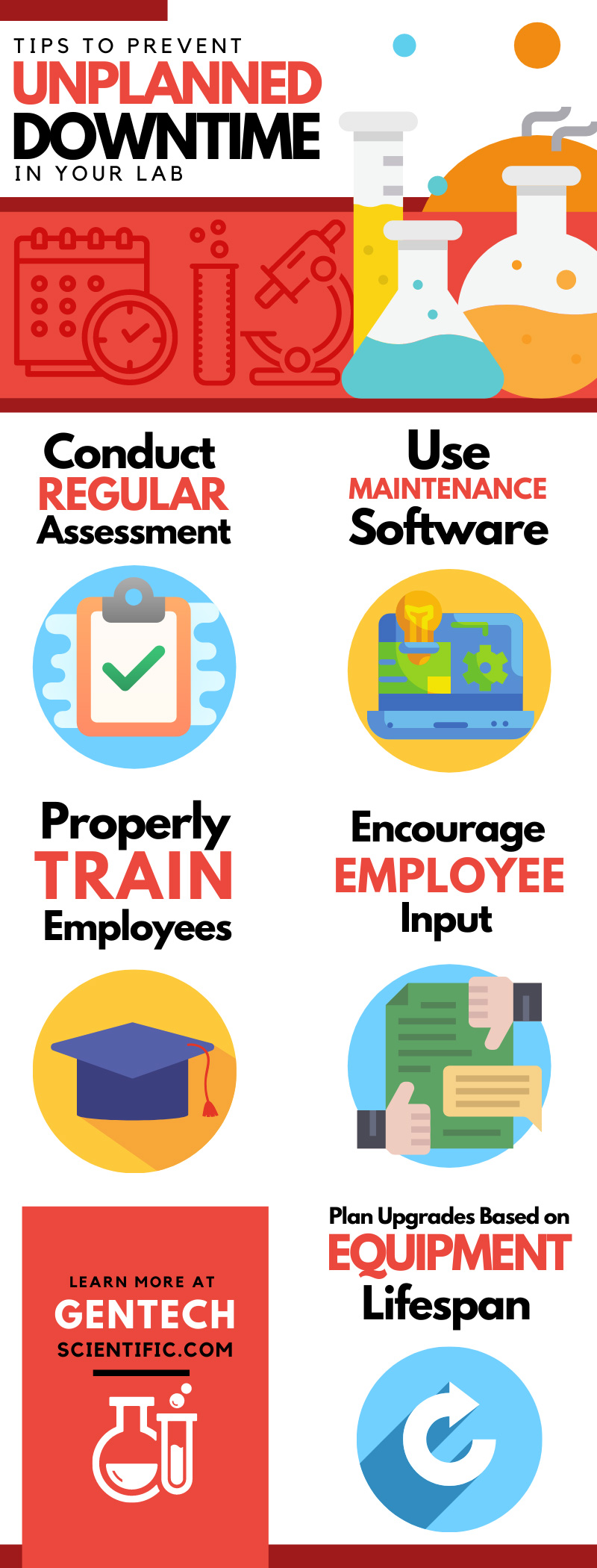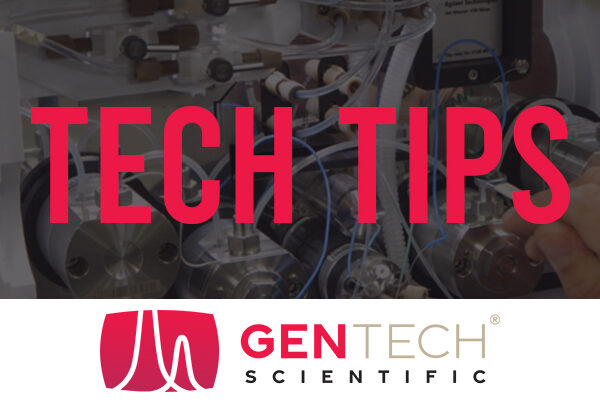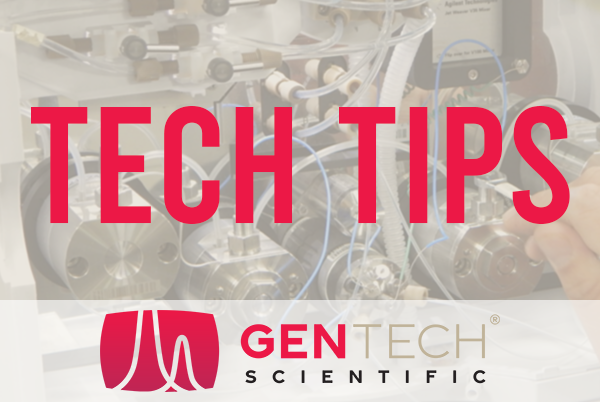Unplanned downtime poses significant challenges for laboratories, potentially impacting their reputation and financial stability. Interruptions in operations can compromise the reliability of analytical results and lead to costly delays. Labs aim to avoid downtime as it disrupts project continuity, resulting in loss of both time and resources. For those experiencing or seeking to preempt such issues, the following strategies can help prevent unplanned downtime in your laboratory.
Conduct Regular Assessments
Regular assessments are essential for maintaining optimal performance in analytical equipment. Rather than waiting for issues to arise, preventive maintenance is key to avoiding costly repairs. While some reactive maintenance may be unavoidable, a proactive approach is preferable. Routine assessments ensure equipment receives necessary care, including regular cleaning and timely part replacements. Lab equipment represents a significant investment. To prevent unplanned downtime, it’s crucial to establish a preventive maintenance plan with employees to ensure regular assessments and upkeep.
Properly Train Employees
To prevent unplanned downtime in your lab, proper training for employees in equipment operation and care is paramount. Equipment breakdowns can occur for various reasons, often stemming from inadequate operator training. While employees may have some experience with equipment, thorough training on each piece is crucial. Although learning on the job is common, it’s not the most effective approach. Well-trained employees can maximize equipment utilization and contribute to preventative maintenance efforts. Moreover, familiarity with equipment enables employees to identify and anticipate problems more easily.
Training methods vary, but one effective approach is to bring in an expert to the facility. Given the unique functionality of each piece of equipment, general industry experience may not suffice. Ideally, the equipment vendor should offer training sessions or assistance in understanding the machinery. Additionally, manufacturers often provide detailed handbooks covering equipment operation and maintenance protocols, serving as valuable resources. Ensuring easy access to these manufacturer guides enhances training effectiveness. The availability of resources correlates with better understanding of equipment functionality and maintenance practices, facilitating proactive maintenance execution.
Utilize Maintenance Software
In addition to employee-driven methods, there are alternative approaches to preventing unplanned downtime, such as employing technology. With the continual advancement of technology, it’s not surprising that software solutions exist to address this issue. While various options exist for preventing downtime, maintenance software offers a straightforward solution. In bustling labs where oversight may occur, this software serves as a reliable tool. While proactive maintenance remains an essential goal for every lab, unforeseen circumstances may arise. In such cases, implementing software to gather data becomes valuable. Initially installed on a lab computer, this software monitors equipment performance and collects relevant data.
Encourage Employee Input
Effective communication is vital in any workplace, particularly in a laboratory where diverse tasks are performed. Employees who do not routinely operate specific instruments may be unaware of their maintenance requirements. Therefore, fostering an environment where employees feel empowered to share their concerns and feedback is crucial. Those who work closely with analytical equipment on a daily basis possess invaluable insights into its functionality. Their firsthand knowledge merits consideration and respect. Moreover, soliciting employee input facilitates proactive maintenance efforts. Listening to their observations about equipment performance aids in identifying necessary repairs or replacements. Implementing channels for open communication enhances overall lab efficiency by fostering a culture of collaboration and transparency.
Plan Upgrades Based on Equipment Lifespan
Organized planning is essential for preventing unplanned downtime in a lab. Strategically scheduling upgrades for analytical instruments based on their expected lifespan is an effective preventive measure. Despite various factors that may prolong equipment life, all instruments eventually reach a point where replacement becomes necessary. Maintaining comprehensive documentation for each piece of equipment, including purchase dates and any maintenance activities, is crucial. This documentation system ensures clarity and facilitates timely decision-making regarding repairs or replacements. Moreover, tracking equipment acquisition and maintenance history provides a useful timeline for estimating when replacements may be required.
Seeking a Second Opinion
When uncertainty arises regarding the condition of lab equipment, seeking a second opinion can provide valuable insight. Professional services are available to assess equipment status and offer expert guidance, especially in determining if equipment is approaching the end of its operational life. Given the considerable financial and temporal costs associated with unplanned downtime, obtaining a second opinion is a prudent investment. Lab equipment represents a significant financial investment, underscoring the importance of meticulous maintenance and cautious decision-making. Providing training opportunities for employees to enhance their understanding of equipment condition and preventive maintenance practices is also advisable. Investing in employee education ensures a proactive approach to equipment management and helps mitigate the risk of unplanned downtime.
With over 28 years of industry experience, Gentech Scientific is your trusted partner for all your analytical instrument needs. We offer an impressive inventory of high-quality, competitively-priced refurbished scientific instruments. Our seasoned expertise ensures unparalleled customer service, and we are dedicated to assisting you with any requirements your lab may have. Beyond sales, we offer installation, training, and provide comprehensive service and repair solutions, guaranteeing seamless operations for your laboratory. Explore our website for a complete range of offerings, and feel free to reach out with any inquiries. Trust Gentech Scientific to keep your lab running smoothly.






